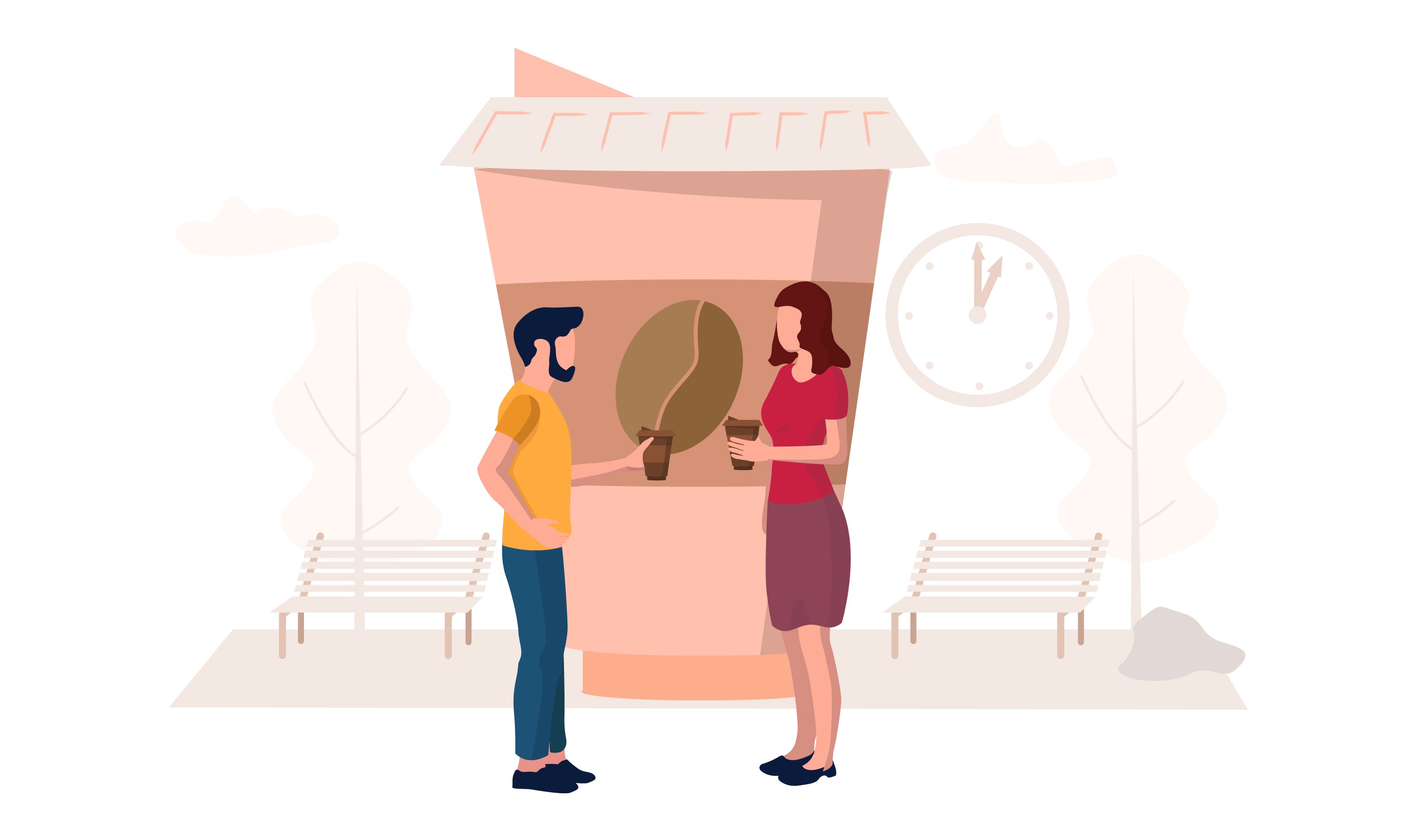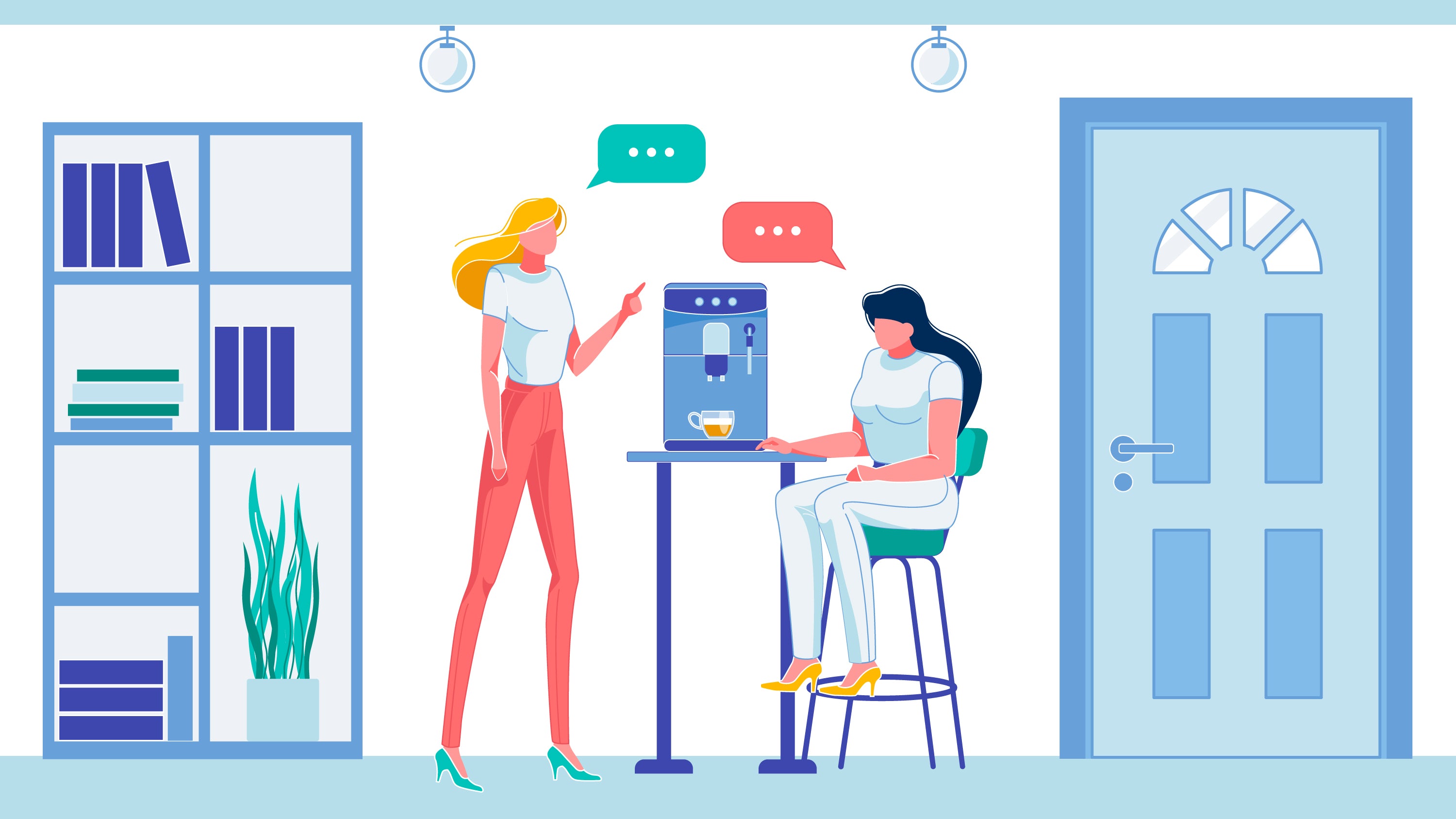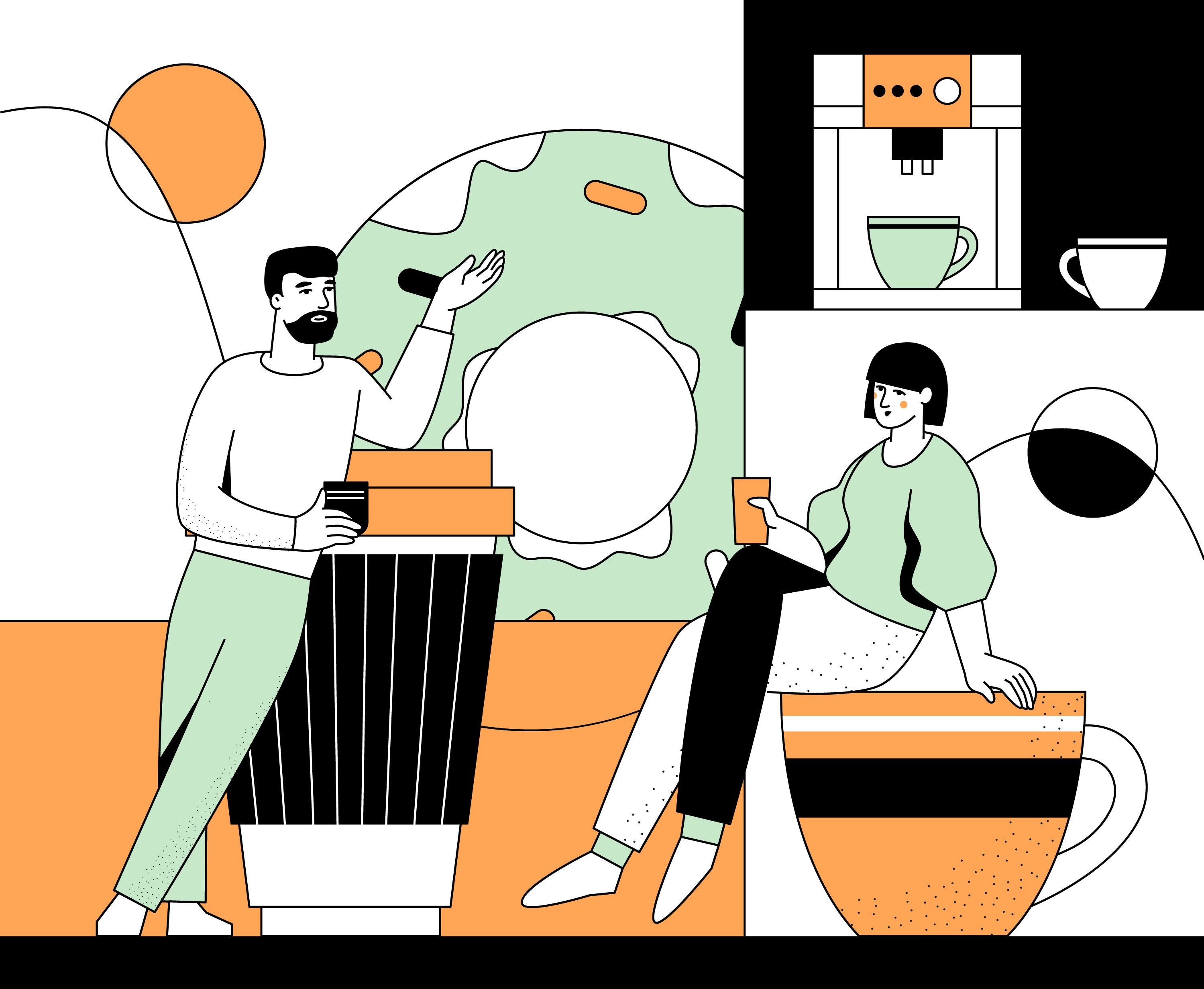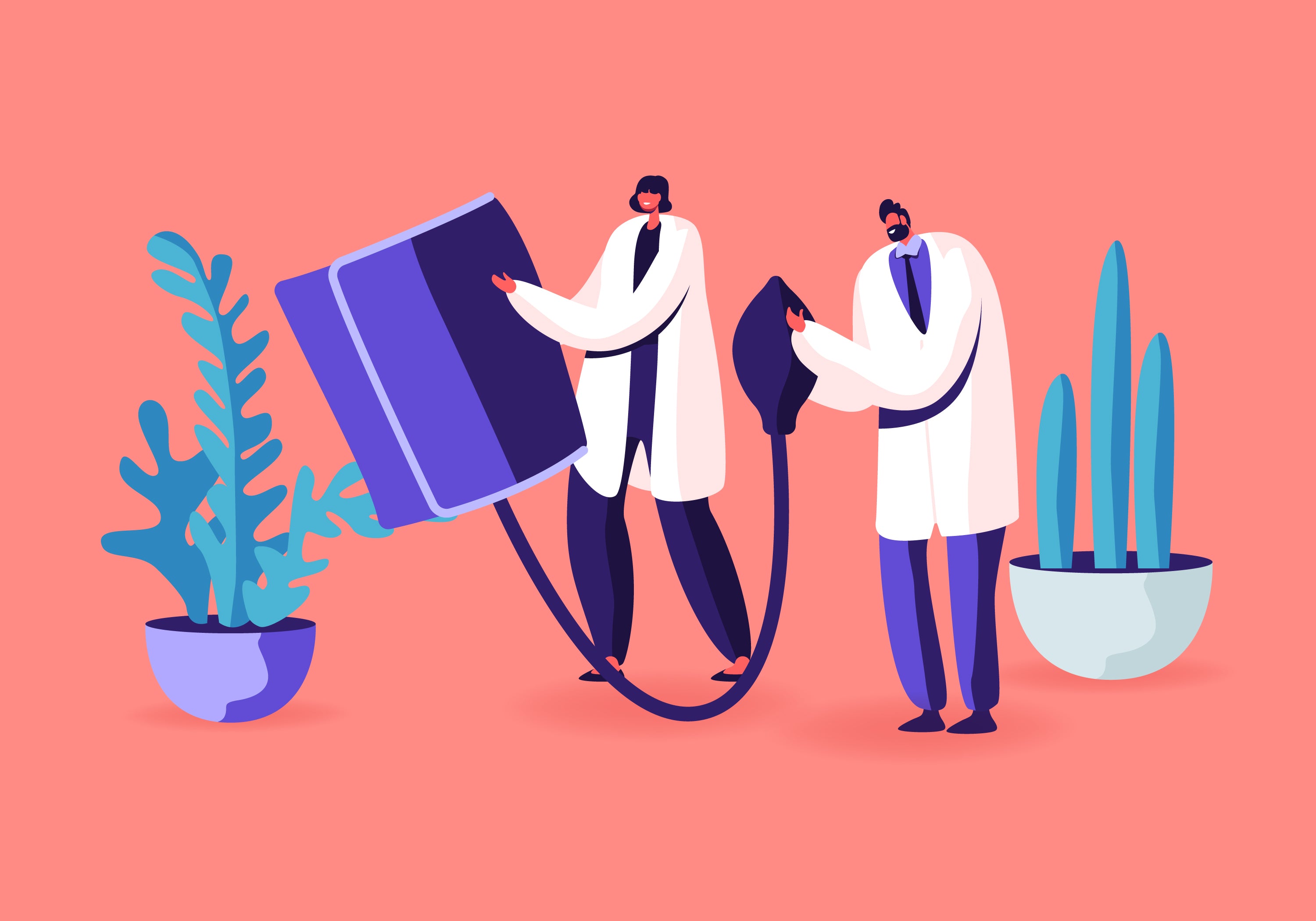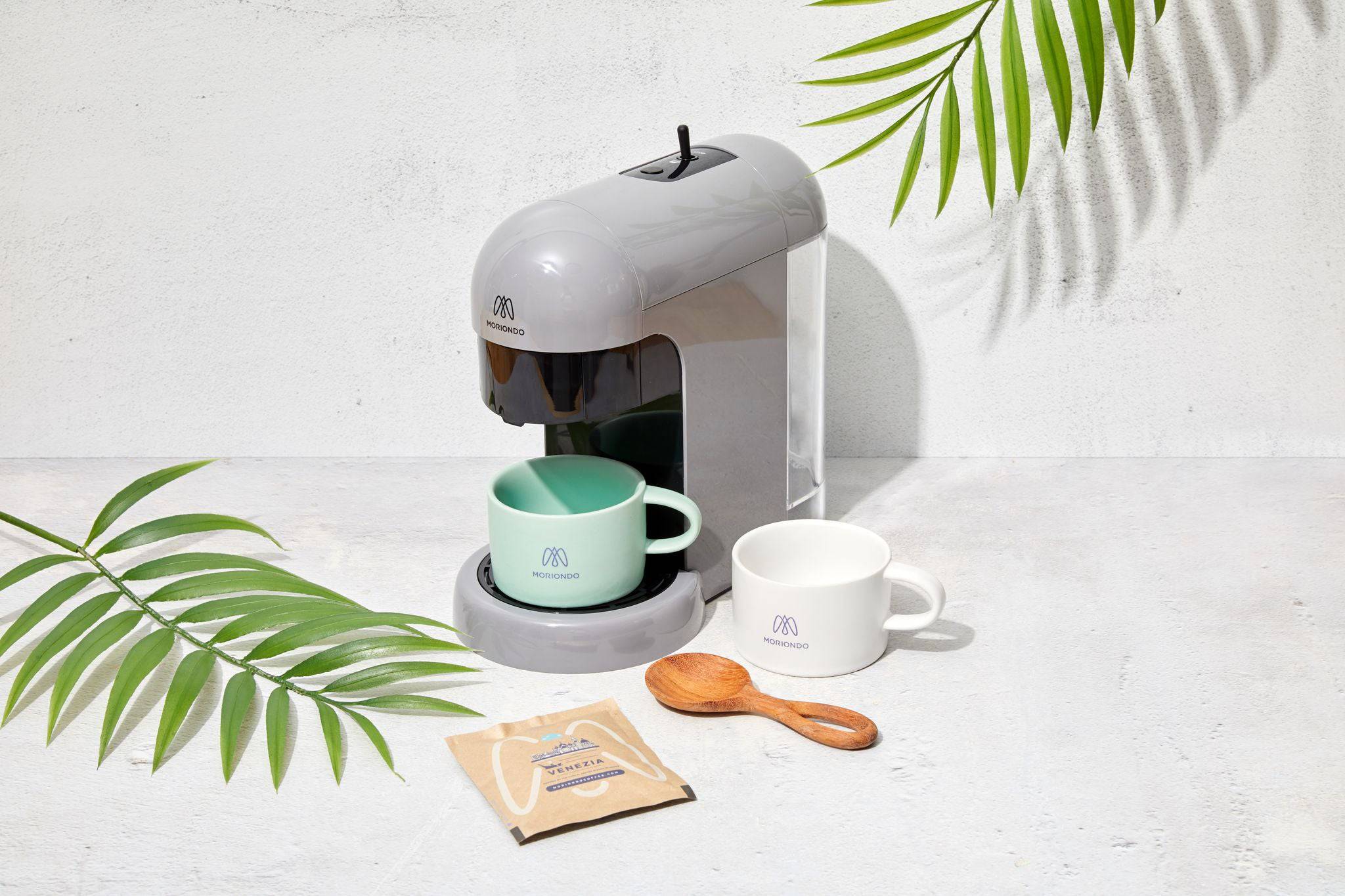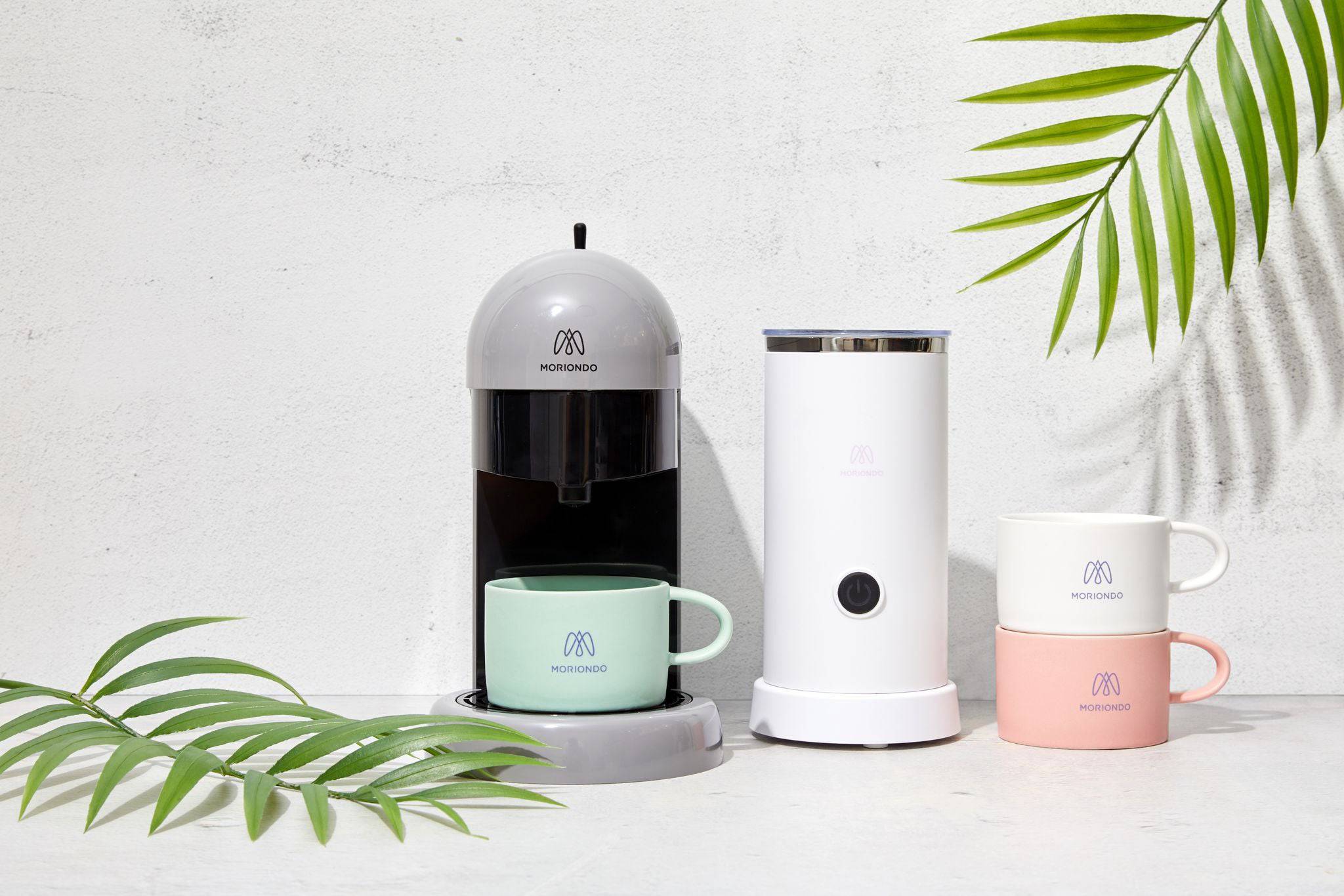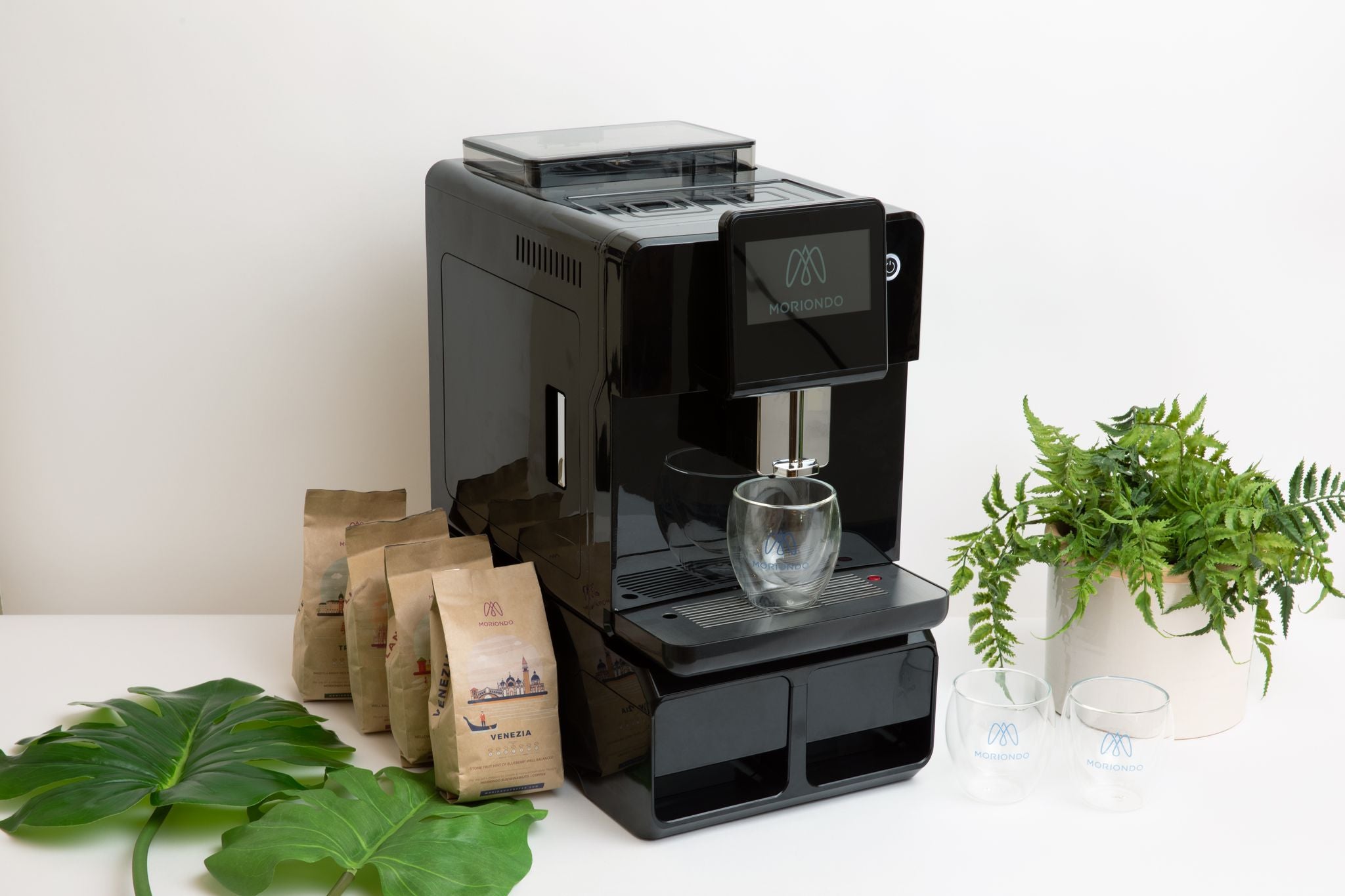Does Caffeine Raise Blood Pressure Levels
Table of Contents
- What Is Blood Pressure and What Causes It To Rise?
- Does Caffeine Increase Blood Pressure?
- Long-term Effects of Drinking Coffee
- How Much Caffeine is Too Much?
- How Long Does Caffeine Raise My Blood Pressure?
- Should People With Hypertension Avoid Coffee?
- Does Decaf Coffee Raise Blood Pressure?
- When to Stop Coffee Drinking
- Alternatives to Coffee
- When to See a Healthcare Provider
- FAQ (Coffee and Blood Pressure)
- Conclusion
Caffeine is a commonly used stimulant, with many people relying on it to help them stay alert and productive during the day.
However, for those who suffer from hypertension (high blood pressure), caffeine can be a double-edged sword, as it has been found to raise blood pressure levels in some cases.
In this article, we'll take an in-depth look at how caffeine affects your blood pressure, what you should know if you have high BP, and the recommended daily limits of caffeinated beverages.
So read on to find out more.
What Is Blood Pressure and What Causes It To Rise?

Blood pressure is the measure of how hard your blood is pushing against the walls of your arteries.
It's essential for good health to keep an eye on your blood pressure, as high levels can be extremely dangerous.
High blood pressure is usually caused by a combination of lifestyle choices and genetics, as well as other factors.
Eating an unhealthy diet, not exercising regularly, being overweight, and drinking too much alcohol can all contribute to higher-than-normal blood pressure numbers.
Some medications can also raise it. Stress and aging are two common causes that are out of the individual's control.
It's important to know when it starts to rise and take steps to lower it immediately to reduce the risk of cardiovascular disease, heart disease, or stroke. What about coffee and other caffeinated beverages?
Does Caffeine Increase Blood Pressure?
Caffeine is a stimulant that increases your heart rate and can temporarily raise your blood pressure.
However, the effect is usually only temporary and not significant enough to cause long-term damage.
Studies have shown that a single cup of coffee can increase blood pressure by up to 10mmHg, but will return to normal within two hours of consumption.
Some researchers believe that caffeine could block a hormone that helps keep your arteries widened, which can lead to a rise in blood pressure.
However, it's important to note that not everyone is affected by caffeine in the same way.
Some people may experience a greater rise in their blood pressure after consuming caffeine than others, and some individuals may not see any increase at all.
Long-term Effects of Drinking Coffee
The long-term effects of drinking coffee can be both beneficial and detrimental to a person's health.
Recent studies have suggested that regular consumption of coffee can lead to improved focus and concentration and a decreased risk of developing Alzheimer's Disease.
However, research has also determined that drinking too much coffee can be linked to higher levels of anxiety, irritability, high blood pressure, and insomnia.
Furthermore, it is important for people who enjoy the occasional cup of joe to remember that taking in too much caffeine can lead to an increased dependence on the beverage, with undesirable physical and mental withdrawal symptoms.
According to a study published by National Center for Biotechnology Information, long-term coffee consumption is associated with decreased incidence of new-onset hypertension.
Further, the researchers determined that the risk of hypertension increases with the amount of caffeine intake.
How Much Caffeine is Too Much?
How much caffeine is too much? This is a question that depends on the individual's tolerance and health condition.
But it is safe to say that too much of anything can be harmful to our bodies. The Mayo Clinic recommends that adults consume about 400 mg of caffeine per day, the equivalent of four cups of coffee.
While high levels of caffeine consumption may initially provide a sense of alertness and energy, such overexposure could cause headaches, irritability, insomnia, restlessness, and even nausea, depending on how sensitive your body is.
Although you should remember that caffeine differs in beverages, more so in energy drinks.
For example, a tablespoon of powdered caffeine is equivalent to about 28 cups of coffee. Such high doses can lead to palpitations, seizures, and even death.
How Long Does Caffeine Raise My Blood Pressure?
Caffeine usually raises a person's blood pressure for about two hours. After this time, the blood pressure should return to normal levels.
It is important to note that some people may experience a greater rise in their blood pressure after consuming caffeine than others.
If you are concerned about your caffeine intake and its effect on your blood pressure, it is best to test your blood pressure before and after consuming a cup of coffee or other caffeinated beverage to see if there is a difference.
If there is a significant difference by about 5-10 points, then you should limit your caffeine intake or avoid it altogether.
It is also important to stay mindful of any other medications you are taking and how they may interact with caffeine.
Should People With Hypertension Avoid Coffee?
So, what should people with hypertension do? Well, this is a tricky question. For habitual coffee drinkers with uncontrolled hypertension, then it would be wise for them to avoid coffee.
However, if their hypertension is managed through lifestyle changes and medications, then they may be able to consume coffee in moderation.
About 3-4 cups of coffee a day is generally considered safe for most people, although it is important to note that, as mentioned above, not everyone is affected by caffeine in the same way.
A study to determine habitual coffee consumption and blood pressure found that among people with hypertension, those who drank less than three cups of coffee daily had lower blood pressure readings than those who drank more.
The study further found that the abstainers and those who consumed three or more cups per day had the same systolic blood pressure and diastolic blood pressure readings.
Does Decaf Coffee Raise Blood Pressure?
If you struggle with controlling your blood pressure, you might be advised to try decaf coffee.
Decaffeinated coffee still has trace amounts of caffeine and is not completely caffeine-free. However, it contains significantly less than caffeinated coffee.
A study done in the Netherlands concluded that decaffeinated coffee consumption did not have a significant impact on blood pressure readings.
While this could be reassuring news for those who suffer from hypertension, it is important to understand that everyone reacts differently to caffeine.
If you are sensitive to caffeine and still want to get your coffee fixed, decaf may be the way to go.
When to Stop Coffee Drinking
Ultimately, the decision to drink coffee or not should be based on your individual tolerance and health condition.
If you have hypertension, it is best to talk to your doctor about whether you should consume coffee and, if so, how much.
While there is a potential benefit associated with drinking coffee, it is important to be mindful of the potential side effects as well.
If you experience any negative symptoms after drinking coffee, such as:
- Headaches
- Nausea
- Insomnia
- Anxiety
- Tremors
- Fast heart rate
- Dehydration
It is best to stop consuming coffee altogether.
You should also note that if you suddenly stop consuming it, you may experience withdrawal symptoms such as headaches, fatigue, and irritability.
Therefore, it is best to reduce your coffee intake gradually if you decide to stop drinking. Finally, it is important to note that caffeine is not the only stimulant found in coffee.
Coffee also contains numerous antioxidants, minerals, and vitamins that can benefit your overall health.
Therefore, if you want to reap the potential benefits while avoiding any adverse effects of caffeine, you may want to try drinking decaffeinated coffee. This way, you can still enjoy a cup of joe without compromising your blood pressure.
Alternatives to Coffee

If you are looking for alternatives to coffee, there are many options out there that can provide the same energy boost without caffeine.
Here are 5 alternatives to coffee that can help keep you energized and alert:
Matcha tea
Matcha tea is a special type of green tea that is made from the finely ground leaves of the Camellia Sinensis plant.
Unlike regular tea, matcha is made by whisking the powder into hot water. Matcha is high in antioxidants, epigallocatechin gallate (EGCG) in particular, and contains less caffeine than coffee but still provides a natural energy boost.
Chicory root coffee
Chicory root coffee is made from the dried, roasted roots of chicory plants. This type of coffee has a strong, roasted flavor and can be prepared in the same way as regular coffee.
It contains very little caffeine but is rich in minerals and other beneficial compounds. t is also a rich source of inulin, a type of soluble fiber that helps to keep you feeling fuller for longer.
Ginseng tea
Ginseng is an adaptogenic plant with many purported health benefits. It is known to have to energize and revitalizing properties that can help you stay alert and focused throughout the day.
Ginseng tea is made from the root of the ginseng plant and has a slightly bitter taste. To prepare, simply steep the root in hot water for about 10 minutes.
Golden milk
Golden milk is a traditional ayurvedic beverage made from ginger, cinnamon, turmeric, black pepper, cardamom, vanilla, and honey.
It is known for its anti-inflammatory and antioxidant properties, as well as its ability to boost energy levels and mental clarity.
To prepare golden milk, here's a step-by-step guide:
- Step 1: Combine 1 tablespoon of turmeric powder, ¼ teaspoon of cardamom powder, a pinch of black pepper, 1 teaspoon of cinnamon powder, and ¼ teaspoon of ground ginger or 1-inch piece of fresh ginger in a bowl.
- Step 2: In a small pot, heat 1 cup of almond milk over medium heat.
- Step 3: When the milk has come to a low boil, stir in the spice mixture and whisk until everything is well combined.
- Step 4: Add 1 teaspoon of honey or a sweetener of your choice.
- Step 5: Serve and enjoy.
Yerba mate
Yerba mate is an herbal tea made from the leaves of a South American holly tree. It has a strong, smoky flavor and is rich in antioxidants, vitamins, minerals, and amino acids.
Yerba mate is also known to provide an energy boost without the jitters and crashes associated with coffee.
One cup (237 ml) contains roughly 78 mg of caffeine, which is lower than the amount in a cup of coffee.
To prepare yerba mate, simply steep 1 teaspoon (2 g) of the leaves in 8 ounces (237 ml) of hot water. You can also add a sweetener or lemon juice for added flavor.
When to See a Healthcare Provider
Most people can safely enjoy coffee without any adverse effects. However, if you experience any symptoms of caffeine sensitivity, such as headaches, dizziness, insomnia, or anxiety, then you may want to speak with your healthcare provider.
They can help evaluate your symptoms and advise on ways to reduce or eliminate caffeine from your diet.
Here are other symptoms to look out for:
- Confusion
- Irregular heartbeat
- Vomiting
- Shakiness
- Panic attack
Moderate coffee consumption (up to 400 mg per day, or four cups of coffee) is generally considered safe.
However, blood pressure response to caffeine can vary from person to person, so it's best to speak with your healthcare provider if you're concerned.
Additionally, if you're pregnant or breastfeeding, it's important to limit your caffeine intake.
FAQ (Coffee and Blood Pressure)
How does caffeine affect blood pressure?
Caffeine is known to temporarily increase blood pressure. This effect is usually short-lived, but it can be more pronounced in people who don't consume caffeine regularly. If you're concerned about the effects of caffeine on your blood pressure, it's best to speak with your healthcare provider.
Conclusion
So, does caffeine raise blood pressure? The answer is yes, it can. But the effect is short-lived and is not considered harmful for most people.
If you're looking to reduce your caffeine intake or switch up your morning routine, there are plenty of healthier alternatives.
Matcha, chicory root coffee, ginseng tea, golden milk, and yerba mate are all excellent options that can provide natural energy boosts without the negative effects of caffeine.
If you experience any unusual symptoms, then be sure to check in with your healthcare provider.
Hopefully, this article has given you the information you need to decide if caffeine is right for you. Please share any tips or experiences you have with these options below. Happy caffeinating.
Good Tasting Coffee: How to Identify Coffee Flavors

In order to appreciate the different types of coffee available, it's important to cultivate an awareness of its unique characteristics. Let's take a look at the way coffee connoisseurs judge different cups of coffee.
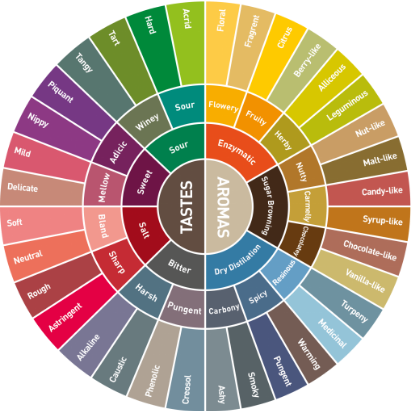
Aroma
The scent of a cup of coffee has a direct influence on how we perceive its flavor. As you drink coffee try to notice if the scent is smoky, fruity, earthy, spicy, nutty or grassy.
Acidity
One of the most defining characteristics of a cup of coffee is its acidity. This is the sharp, bright tangy quality of coffee that perks up our senses. Coffee doesn’t necessarily contain just one type of acid, either. It may contain citric acid, malic acid (fruity in flavor) or even quinic acid from stale coffee, which gives us stomach aches.
Body
This is the weight, thickness and texture of coffee in your mouth. The body of different types of coffee falls on a spectrum of light- to full-bodied viscosity (thin to thick).
Flavor
This is where comparisons come in handy and there is some overlap between aroma and flavor. Your coffee might taste bitter, sweet, savory or sour with common comparisons to chocolate, wine or fruit.
Related Posts
